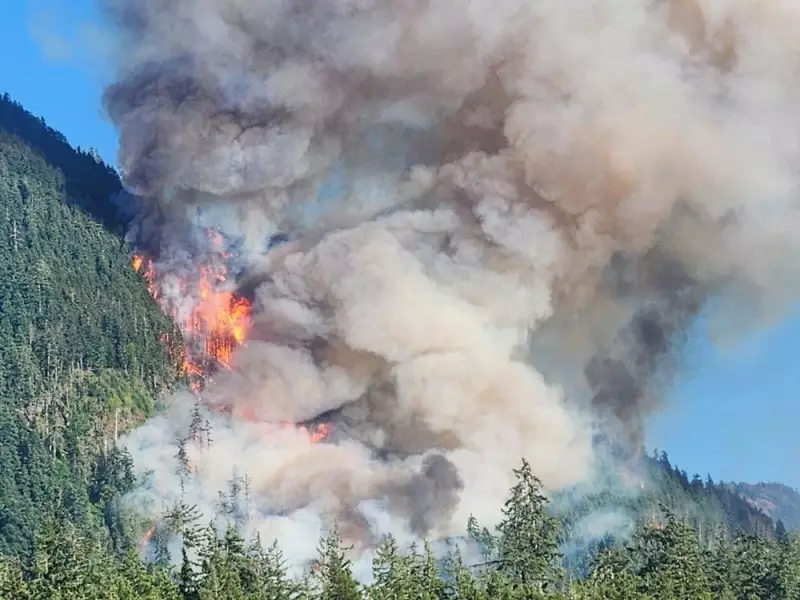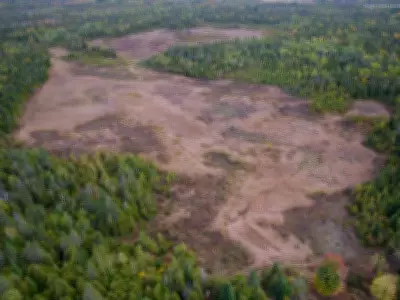
A sobering new report has revealed that wildfire smoke is responsible for approximately 1400 premature deaths in Canada each year, painting a stark picture of the health consequences of worsening air quality across the nation.
The Invisible Killer in Our Air
The comprehensive climate and health analysis indicates that fine particulate matter from wildfire smoke poses a significant threat to Canadian communities, even those hundreds of kilometers from active fires. These microscopic particles, known as PM2.5, can penetrate deep into lungs and bloodstreams, triggering respiratory and cardiovascular complications.
Beyond the Flames: The Real Cost of Wildfires
While property damage from wildfires captures headlines, the silent health emergency caused by smoke exposure represents an equally devastating consequence of Canada's worsening fire seasons. The report highlights how smoke-related health impacts extend far beyond immediate evacuation zones, affecting urban centers and rural communities alike.
Vulnerable Populations at Greatest Risk
Elderly citizens, children, and individuals with pre-existing health conditions face the most severe risks from prolonged smoke exposure. The report emphasizes the need for targeted protection strategies for these vulnerable groups during peak smoke events.
A Growing National Health Crisis
As climate change intensifies wildfire seasons across Canada, experts warn that smoke-related health impacts will likely increase without significant intervention. The findings underscore the urgent need for:
- Enhanced air quality monitoring systems
- Public health advisories and protection protocols
- Healthcare system preparedness for smoke-related illnesses
- Climate mitigation strategies to reduce fire frequency
This report serves as a critical wake-up call about the direct human cost of environmental changes affecting communities from coast to coast.





